Article Library
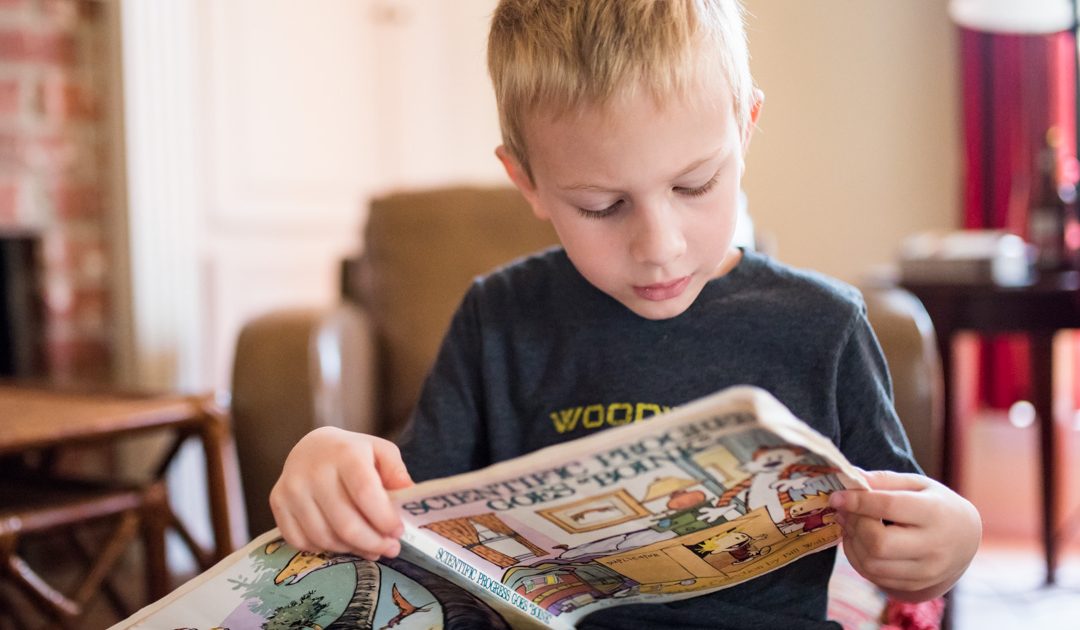
How to help struggling readers catch up with visual phonics
Around the world there is a post-pandemic tsunami of reading frustration for millions of children. However, the good news for children who are guessing short, common words and struggling to spell is there is a fun, visual phonics solution that will get their literacy back on track.
read more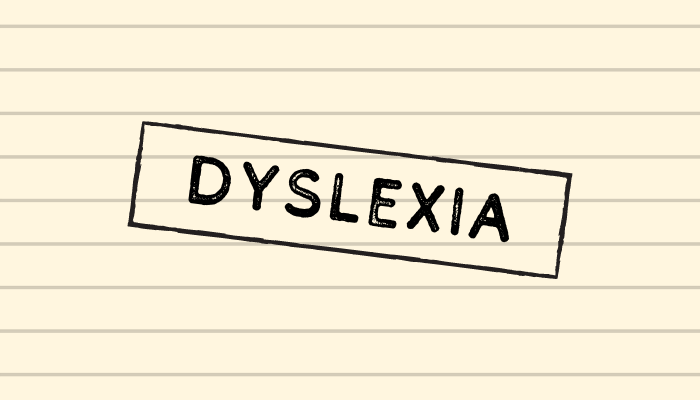
5 Hidden Dangers of a Dyslexia Test
Should you test your child for dyslexia? It can be helpful, and seems important, to know if your child is dyslexic. It is essential to take action if you’re seeing dyslexic patterns in your child. But is an assessment the right thing? There are 5 dangers with this that you might not have considered.
read more
Why Working Memory Matters for Reading
If you sent your child to their room to get three things, would they come back with all three? At Helping Children to Read, we regularly ask parents this question because it gives us a picture of how strong the child’s working memory is.
read more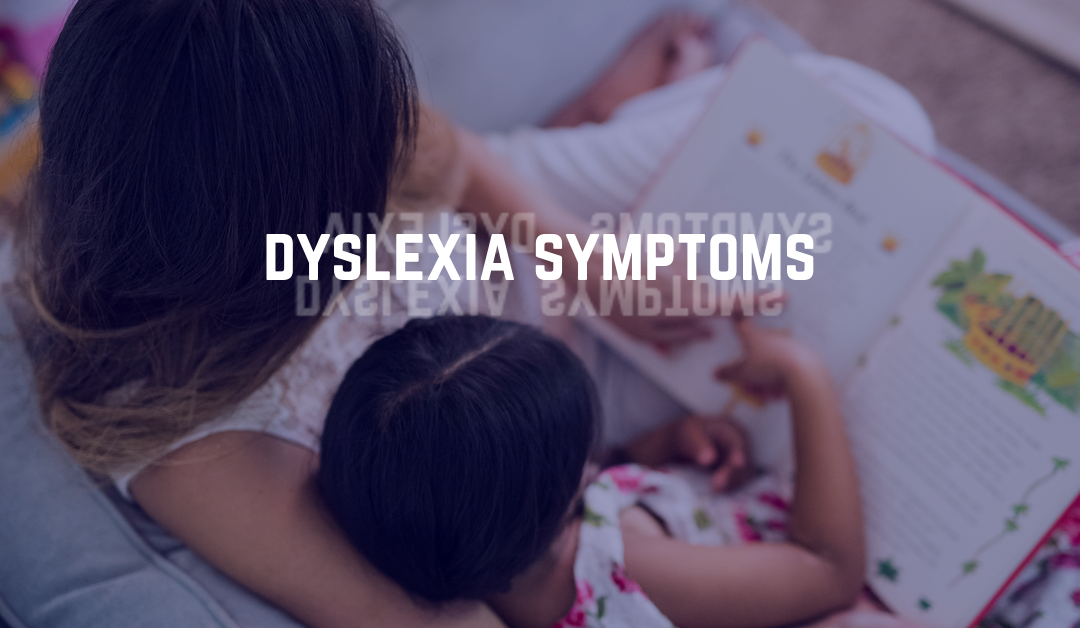
What Are the Symptoms of Dyslexia?
The symptoms of dyslexia can vary a lot, which makes it hard to identify whether a child is dyslexic. But far more important than the dyslexia label itself is understanding what is really causing the difficulty with reading and spelling.
read more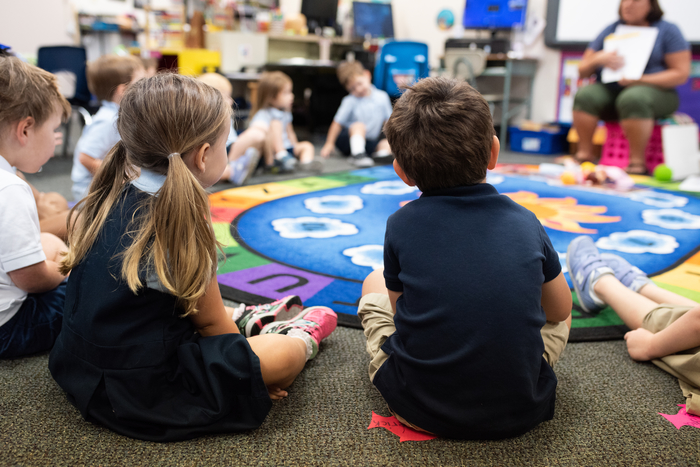
Autism and Reading Difficulties
Phonemic awareness was in the lowest possible bracket when autistic children took standardized tests. Having a good awareness of the sounds that make up our language is key to being able to decode and blend words. This trait is shared with children with dyslexia, and causes much frustration.
read more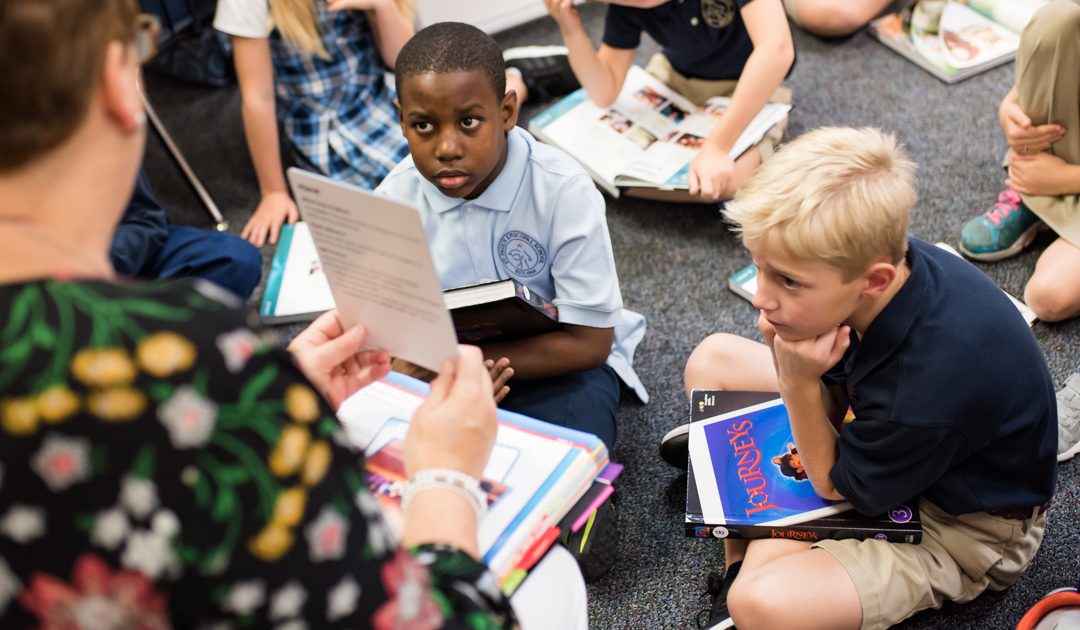
Is it really ADD? Or could it be APD?
Auditory Processing Disorder (APD) and Attention Deficit Disorder (ADD) can sometimes be mis-diagnosed — and even on some occasions, for each other! The symptoms overlap so much, that it can be confusing to tell what you are actually seeing in a struggling learner.
read more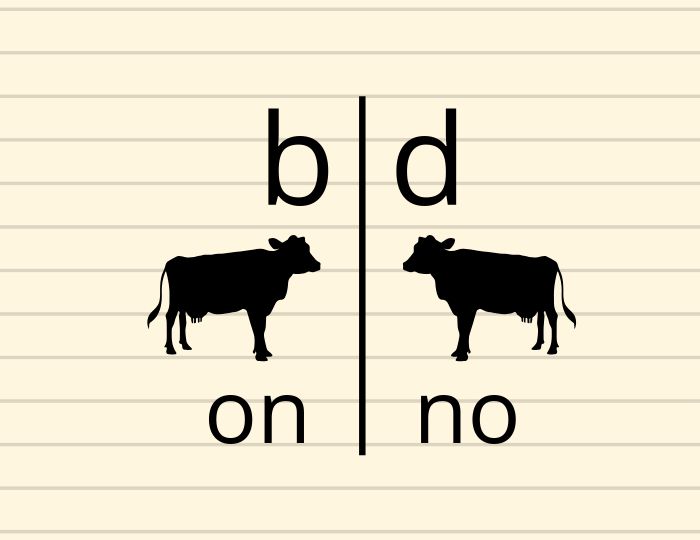
Is flipping “b” and “d” a sign of dyslexia?
If you’ve seen your child flip her “b” and “d”, you’ve probably worried that it’s a sign of dyslexia or future reading issues. This common notion has been popular for decades, but is it true and can they learn to read confidently?
read more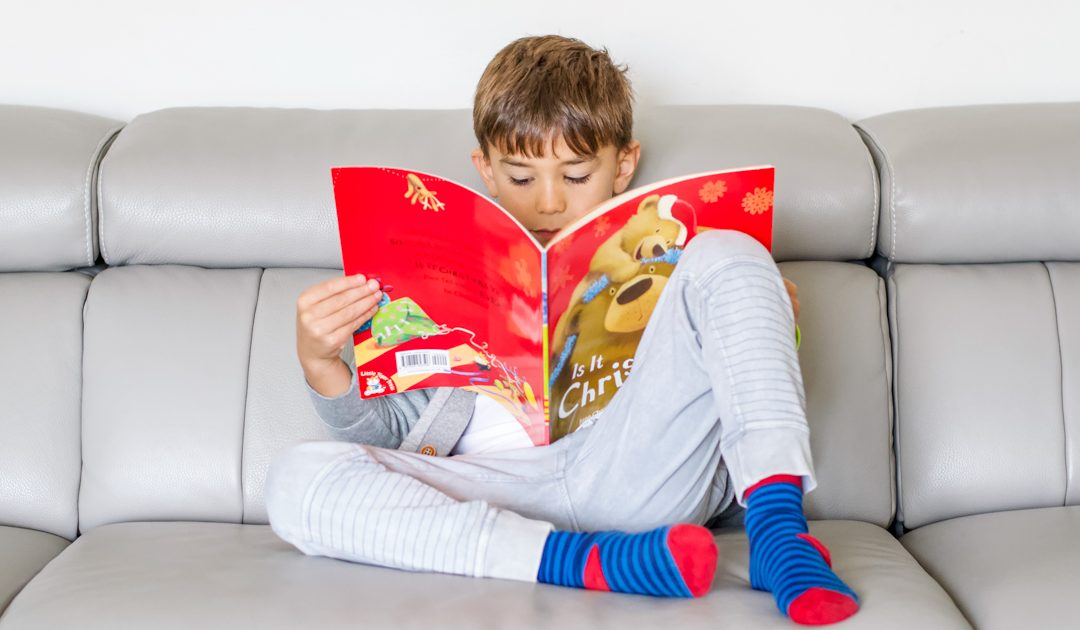
The Myth of the Late Bloomer
A deep body of research has shown that when it comes to reading, there are no late bloomers. Children who struggle early just keep struggling.
read more
The Single Best Trick to Boost Reading Fluency
It is so simple that you might already be doing it, without realizing. Or maybe reading this will cause a head slap, with an exasperated “of course!” directly following it. Whether you have an early reader or a struggler who cannot seem to crack fluent reading, there is one trick that you have to try to promote this essential skill.
read more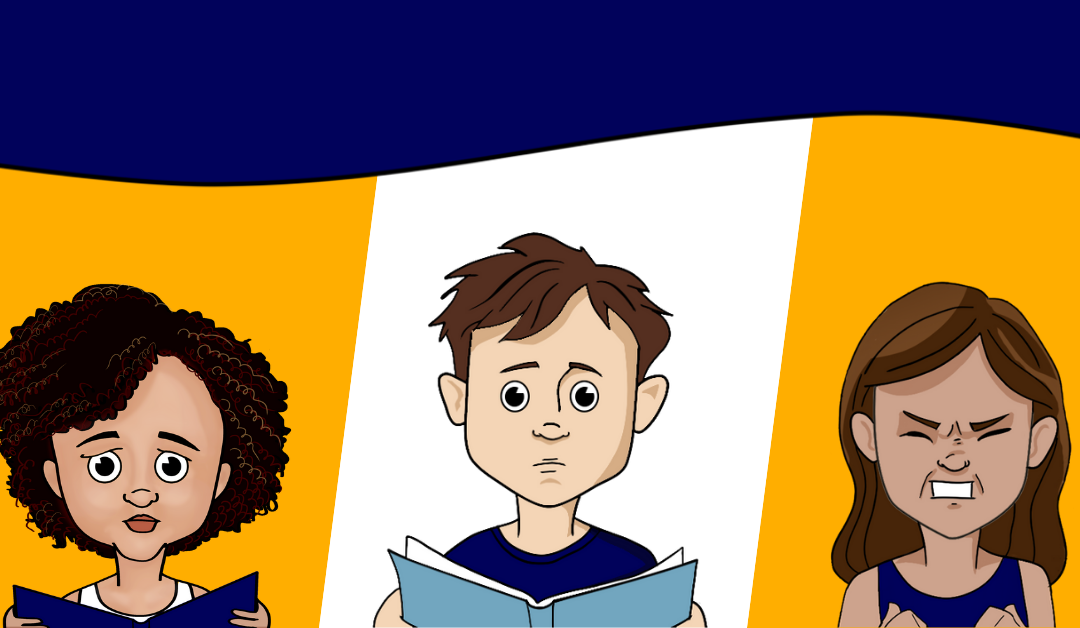
What actually causes reading difficulty and dyslexia?
Most of us understand very little about reading difficulty, even though it affects a staggering one in five people. Here’s how to spot the top four causes of reading difficulty and dyslexia.
read moreNo Life Sentences for Dyslexics
Dyslexics are often told they cannot learn to read like other people. That is not actually true. David Morgan introduces the nine different causes of reading difficulty and what you can do about each of them.
read more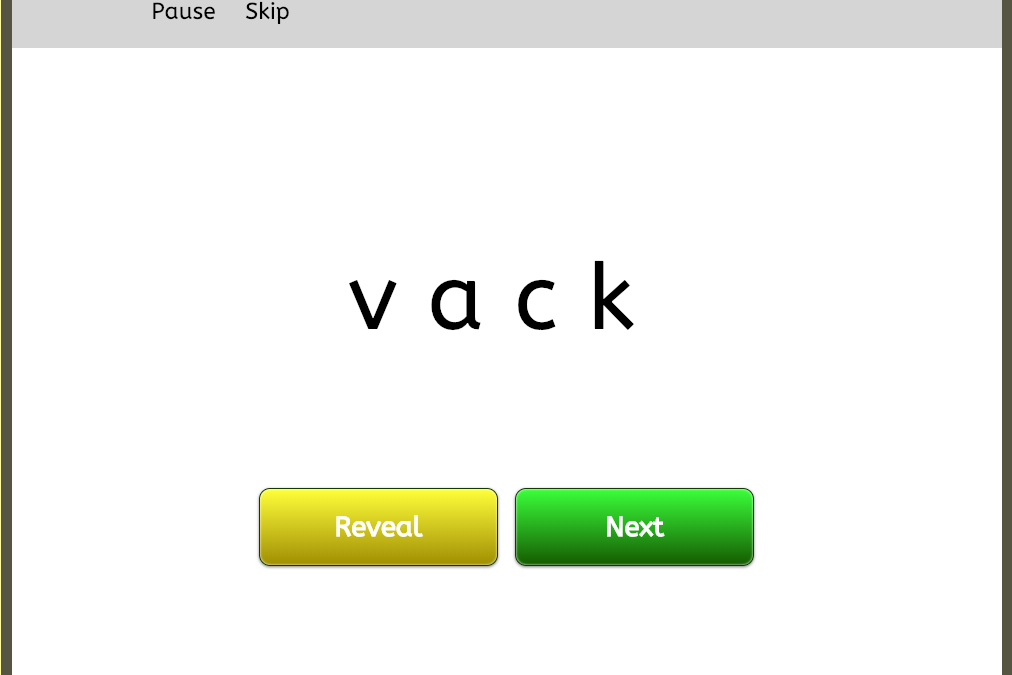
How to Help a Child Blend Sounds into Words
Have you noticed that your child can identify the individual sounds in a word like t-r-a-ck, but struggles to combine those sounds to make the word? Or perhaps you’ve seen your child sound a word out correctly and then say a completely different one! It can be pretty baffling.
read more
The Early Warning Signs of Reading Difficulty
As parents, what can you do to ensure your child learns to read? What help is available when you see your child struggling? Below are some tips and tricks for success. When I dropped my son off for his first day of…
read more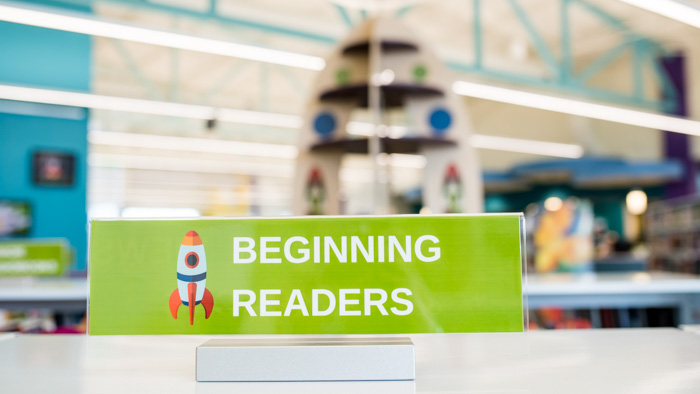
Will reading more make your child a better reader?
Newsflash: struggling readers tend to read less than proficient readers. OK, so maybe that’s not as newsworthy as you were hoping. But here’s something that might pique your interest. A recent study found that it is generally a child’s level of reading ability that determines how MUCH they read, and not vice versa.
read more
What is Dyslexia and What Can Be Done to Help a Dyslexic?
Dyslexia can make learning to read a real challenge, but dyslexics are often exceptionally bright children, with incredible potential. We find that – with the right targeted support – most dyslexics can crack the code and start reading and writing well.
read more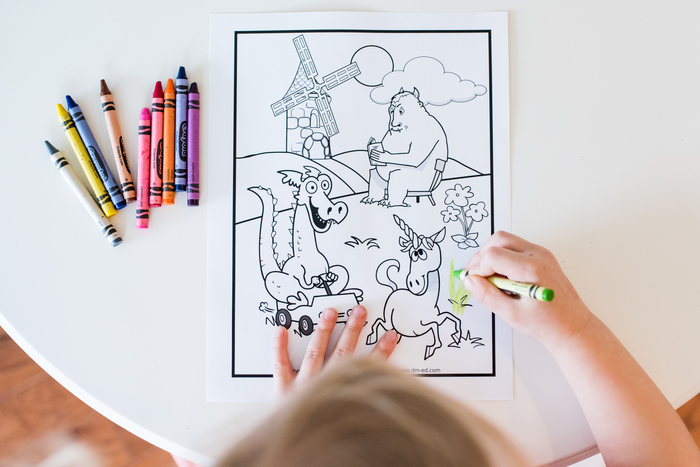
Colo(u)ring Competition – Win an Echo Dot!
We are giving you and your child the chance to win an Amazon Echo Dot – and have some fun along the way!
read more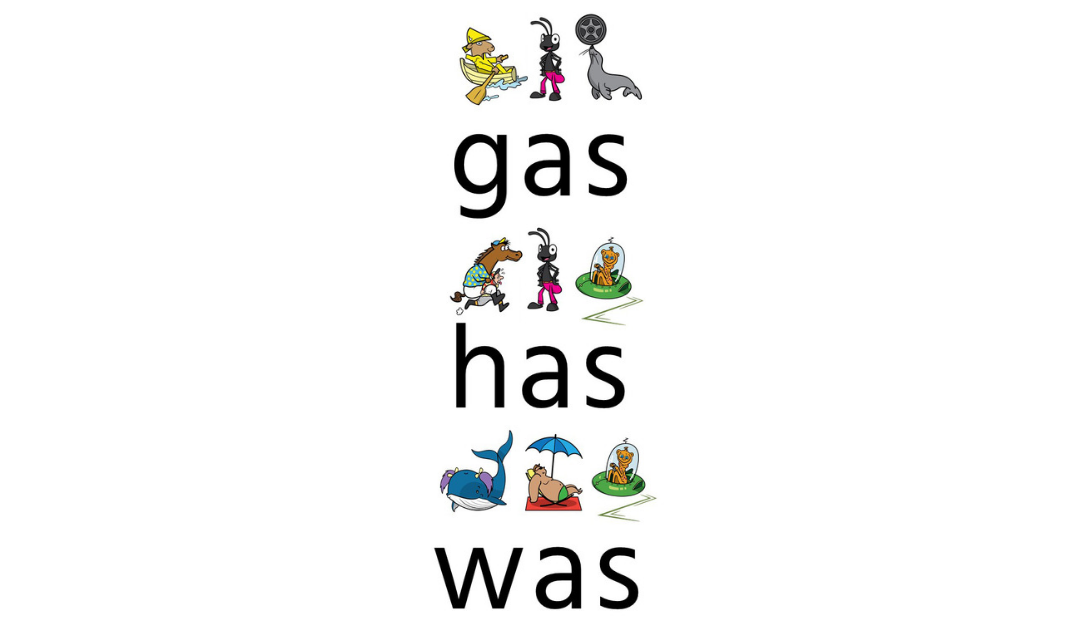
The Single Most Important Thing For Reading And Spelling Success
Reading is all about gaining meaning from a text, and understanding is the essence of communication. But how does the brain gain meaning from text?
read more
5 Top Tips for Helping Your Child Learn To Read
Why is it that learning to read is a walk in the park for some children, but a nightmare for others? You might do everything the teacher tells you, getting your daily reading practice in without fail, but still make absolutely no progress. Meanwhile your friend’s child of the same age, at the same school, doing the same things “seemed to learn to read overnight”!?
read more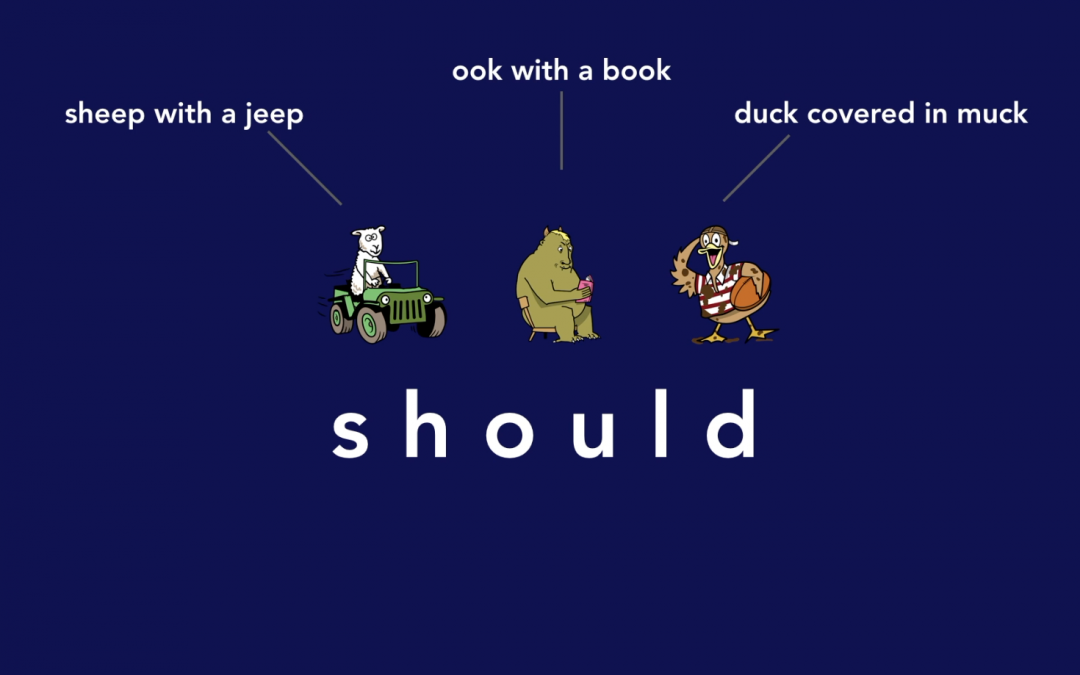
(VIDEO) What is Trainertext Visual Phonics?
It can take a moment to wrap your head around this new, alternative method. But once you do, the learning process is fun, effective and surprisingly simple for the child. This video explains what TVP is and how you can use it. Enjoy!
read more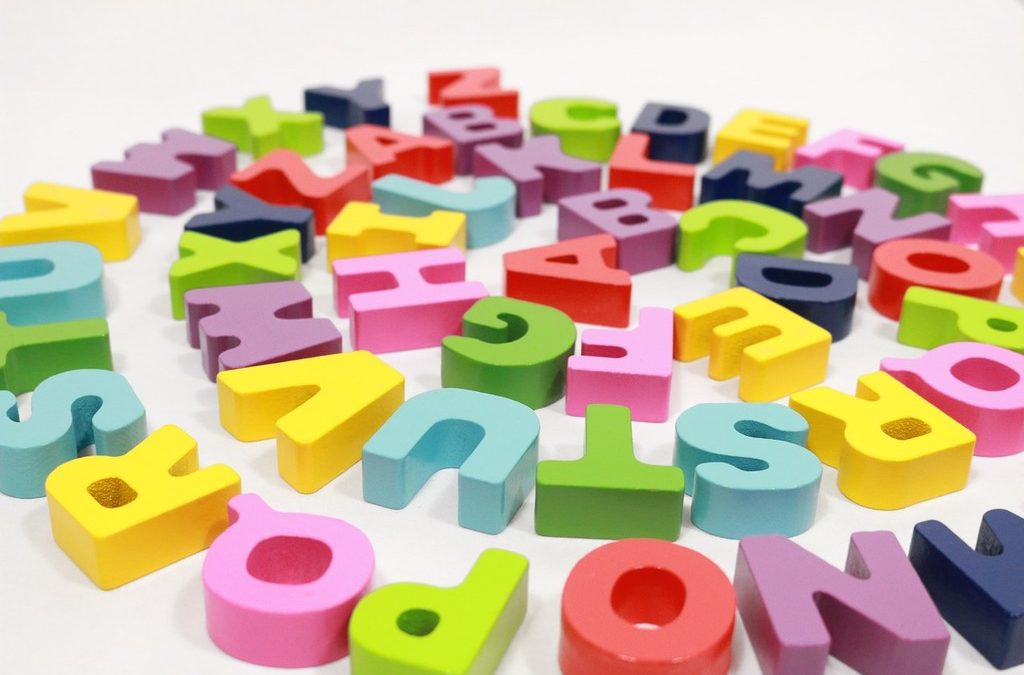
The Lifetime Effects of Poor Literacy
When children struggle to read, it can feel devastating in the moment for them and their families. The psychological effects of falling behind does leave an emotional mark, not to mention the impact of reading difficulties in seemingly unrelated subjects like math and science.
read more
How to Reverse Reading Stress in 30 Seconds
Have you heard people throw around the phrase “reluctant reader”? Well, if you’ve taught or parented a so-called reluctant reader, you know that phrase can be a vast understatement.
read more
The little-known vision problem that affects 30% of struggling readers – and a simple solution to fix it!
How much does vision affect a child’s ability to read? If a child can pass an eye test, everything should be fine, right? Wrong.
read more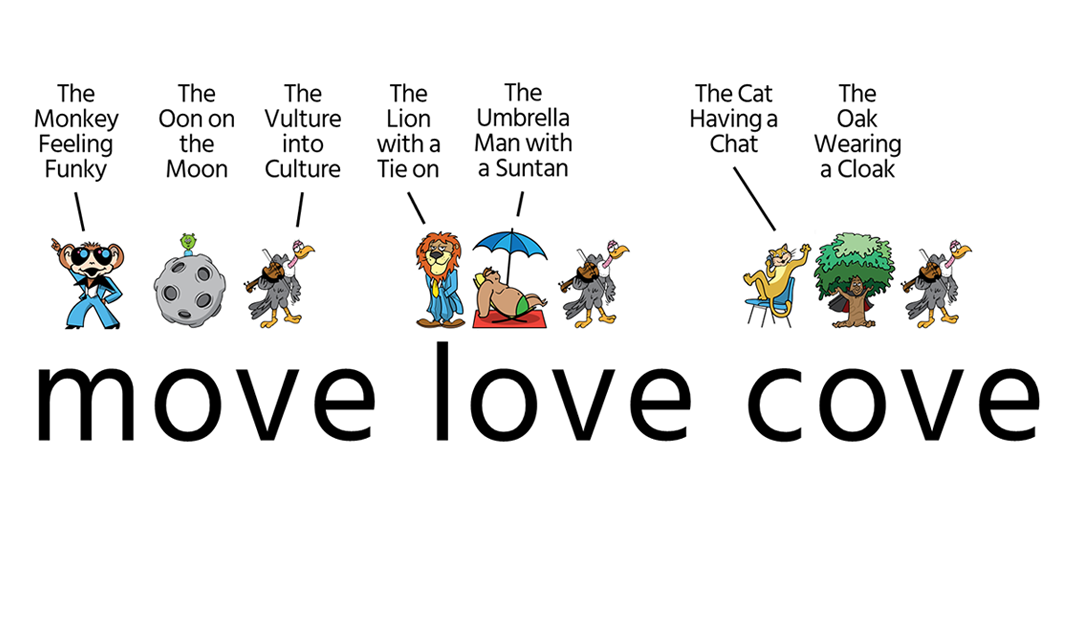
How to Turn Your Guesser into a Reader
So you know your reader has a bit of a guessing habit. They read ‘the’ instead of ‘there’. Or they see a picture of a cookie on the page, and read ‘cookie’ instead of ‘cake’. You ask them to sound out words, and instead you just get another guess based on the first letter. It can be frustrating. To put it mildly.
read more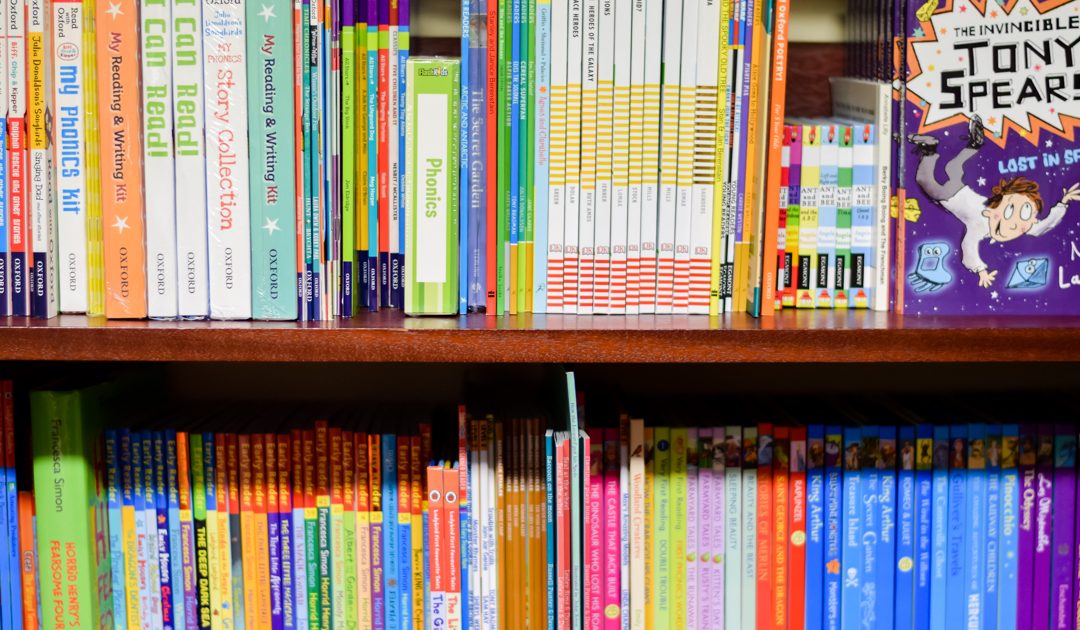
How to Teach a Child with Dyspraxia to Read
Dyspraxia is a neurological condition that affects motor movement, sensory moderation, and coordination of tasks. Though not directly labelled a “learning difficulty”, it has challenging implications for the classroom setting. There is hope for every dyspraxic child to learn to read, with the right support.
read more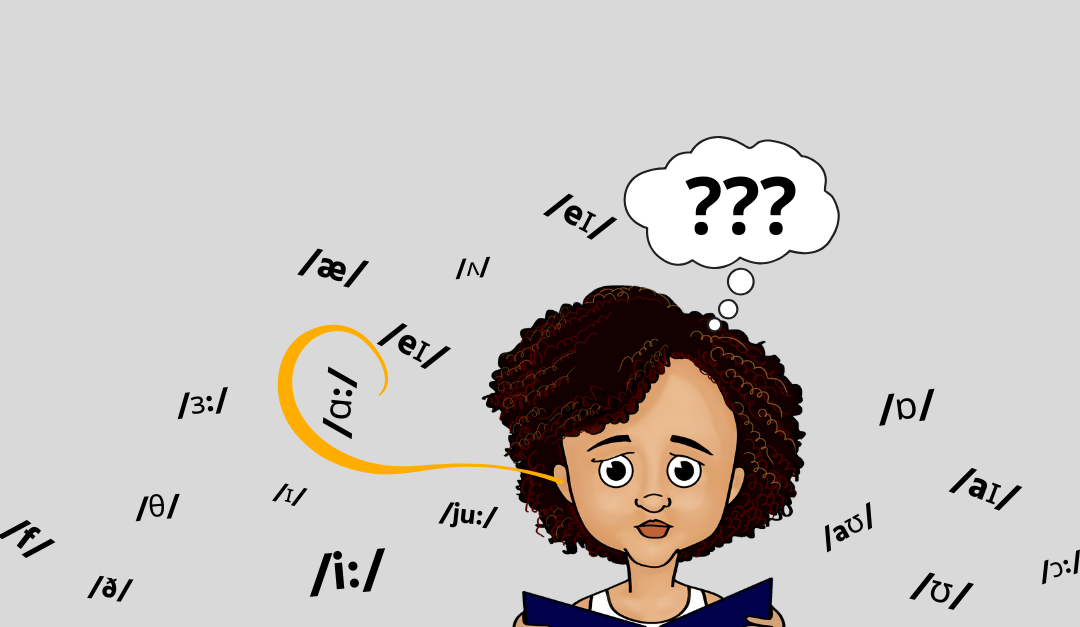
How to Teach a Child with APD (Auditory Processing Disorder) to Read
Have you battled for several years with a child struggling to learn to read, because APD is holding things back? You might be getting worried that your child will never learn to read. Perhaps you have even been told that by a medical professional or teacher. But it’s not true. We see children with APD learning to read every week.
read more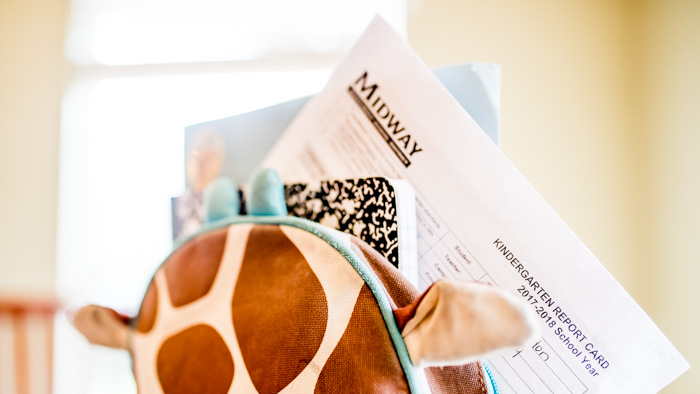
Why is there a K on my son’s report card?
Last Thursday, when my son brought home his kindergarten report card, I only really had one question: was he reading at grade level? But the report card didn’t give me a simple answer. Instead, it read like a mysterious code. There was a box labeled “Independent Reading Level,” an inscrutable letter “H” written beside it, and no explanation of what that meant.
read more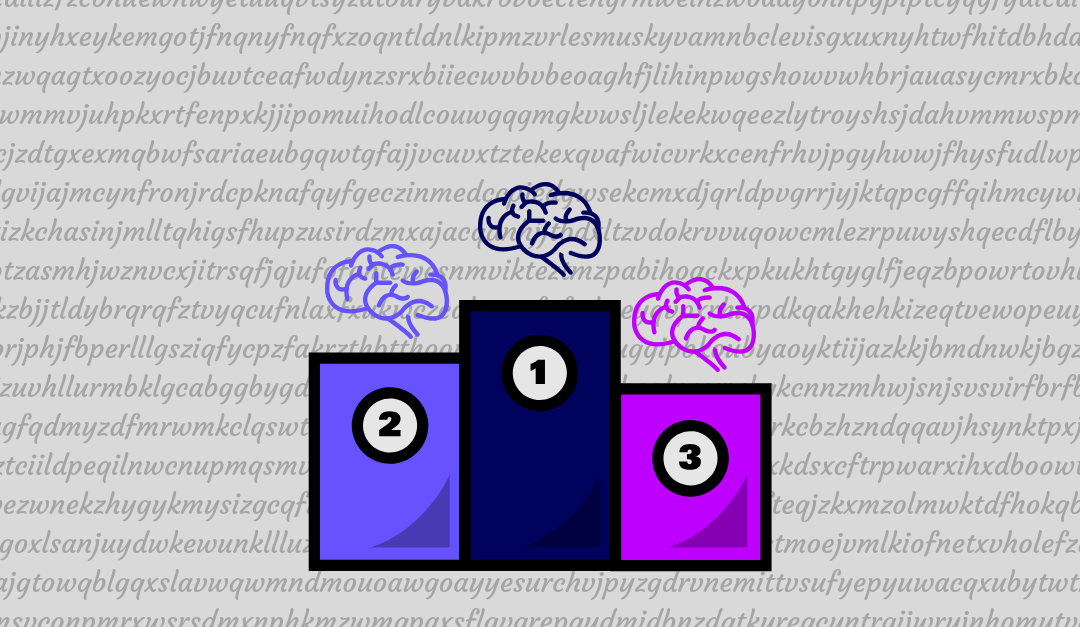
Uncover Your Child’s Learning Strengths
You are your child’s first and greatest champion in the world, and you will find good solutions to most issues when you look. In our specialist area of literacy, we find that every child can see good progress with the right support and guidance for them, as individuals.
read more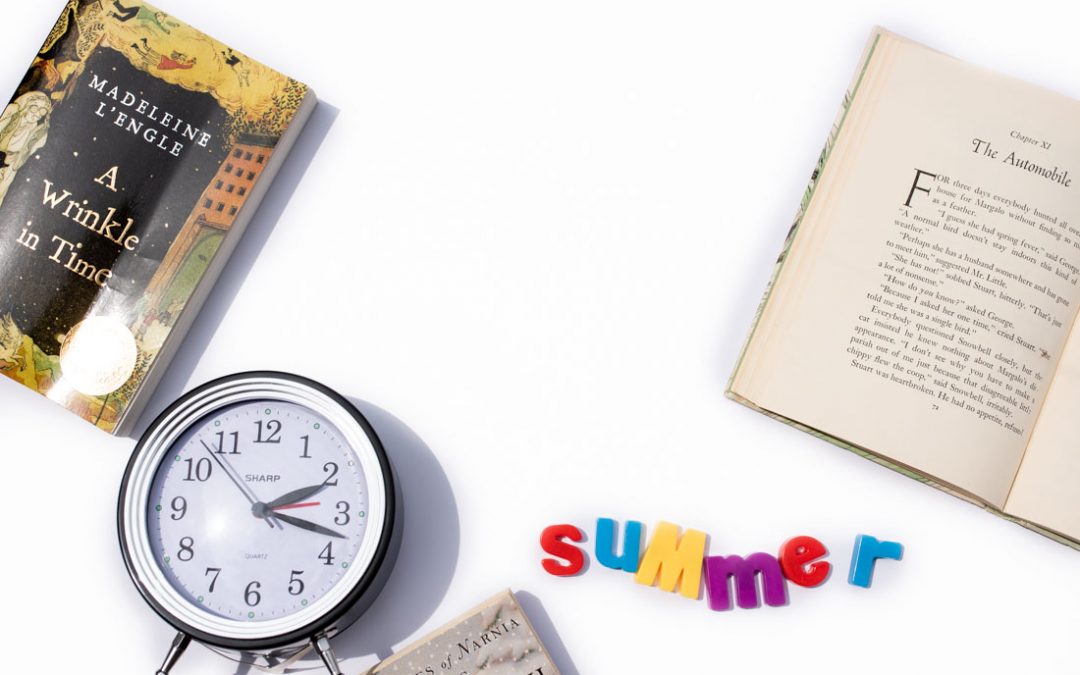
Should Your Child Be on a Learning Schedule?
One of the key ways parents can become more engaged in their child’s learning is to take a more proactive role in their schoolwork. Life coach and former learning specialist Elizabeth Colella Frank champions this sentiment, explaining that parents need to be proactive advocates for their children.
read more
Funding and support for your struggling reader
Your child’s school will inevitably play a critical role in helping your child to read. And – thanks to US programs, laws, and funding structures – there are good systems in place to make sure that the role they play is a positive one.
read more